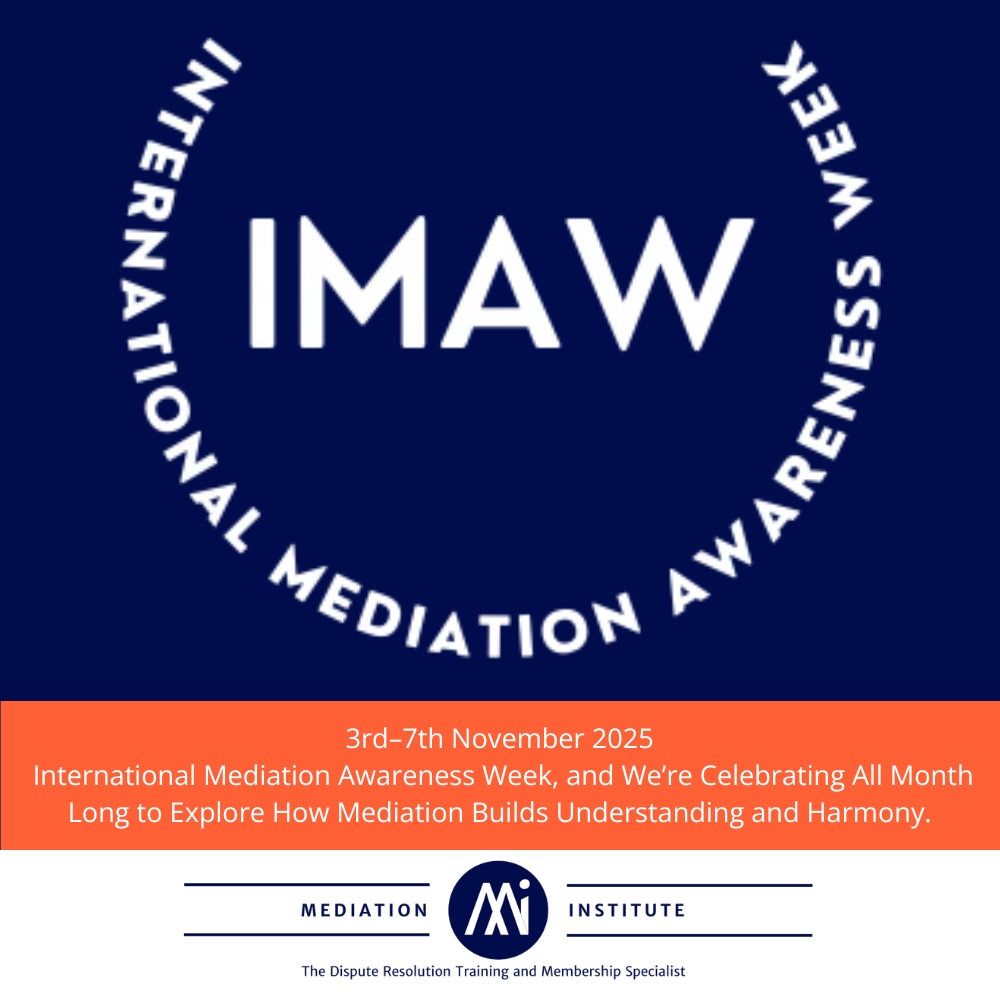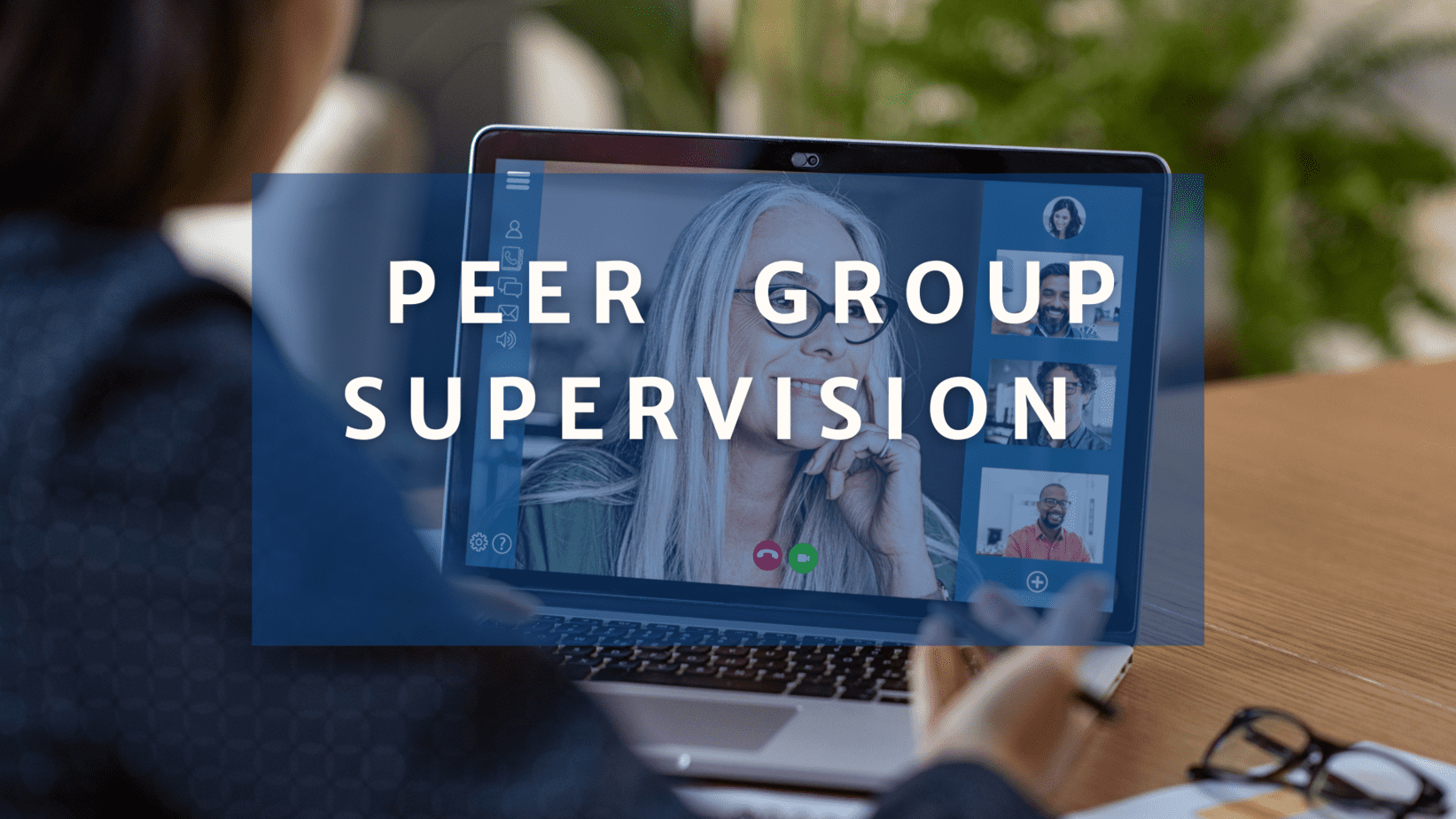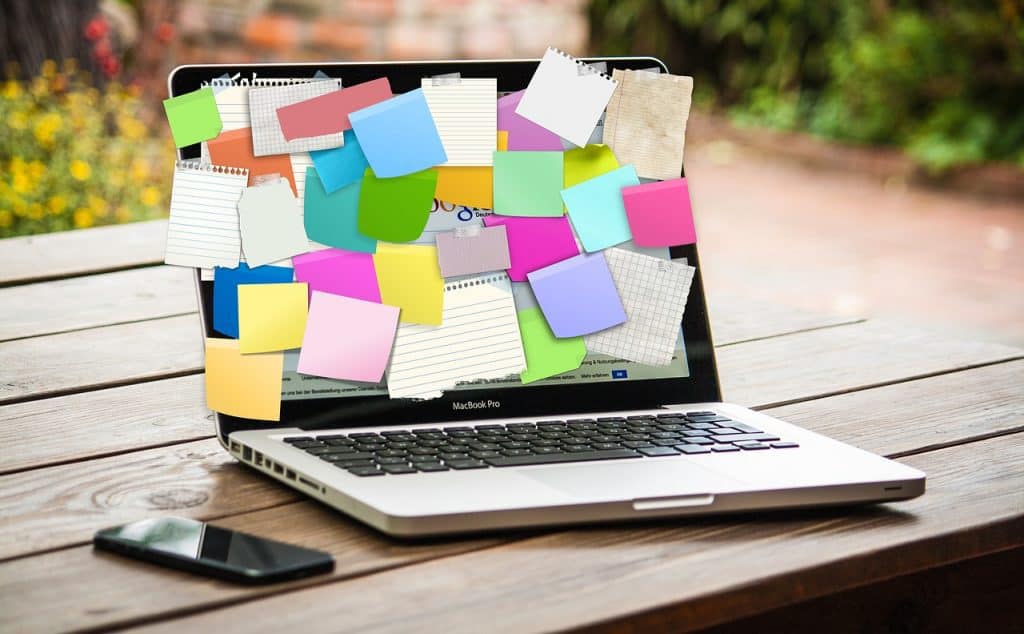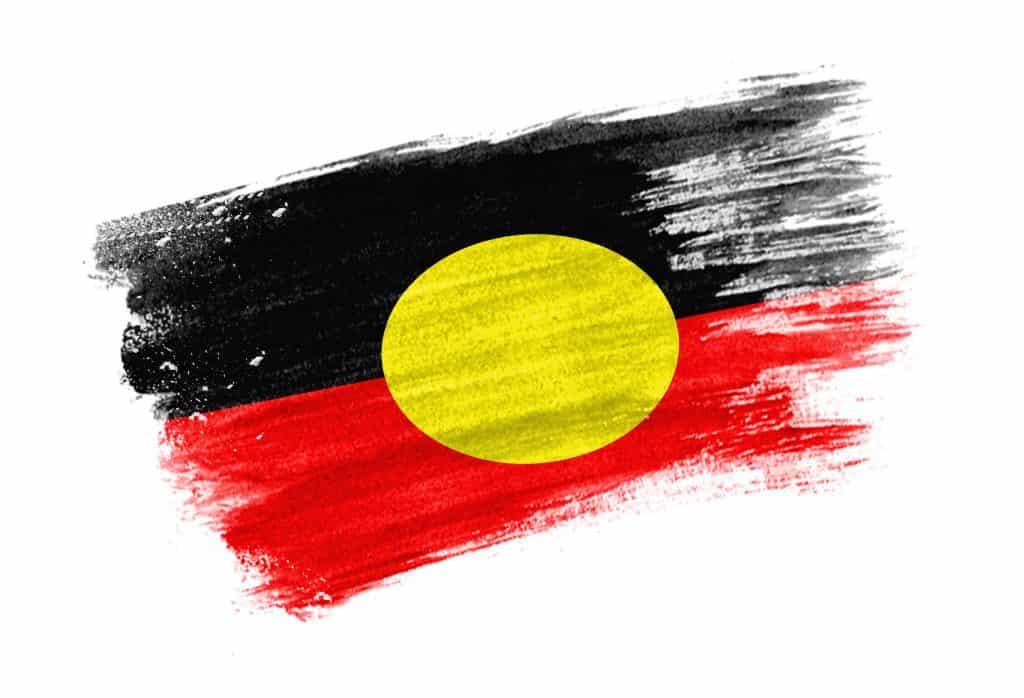
#IMAW25 | Explore How Mediation Builds Understanding and Harmony
We’re not limiting the power of mediation to one week, we’re celebrating it all month long! Join IMAW25 this November and uncover how mediation helps people find peace through understanding.




